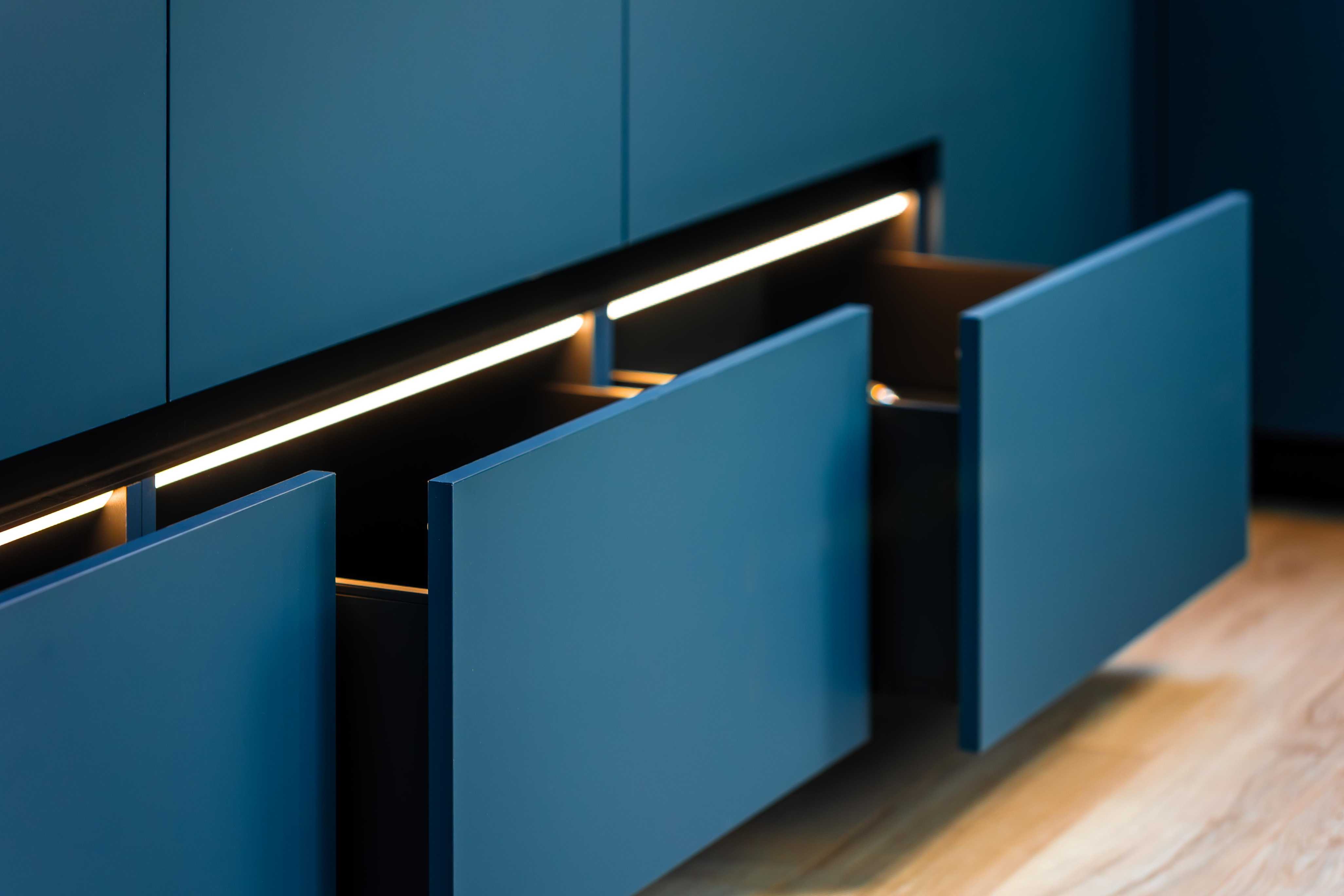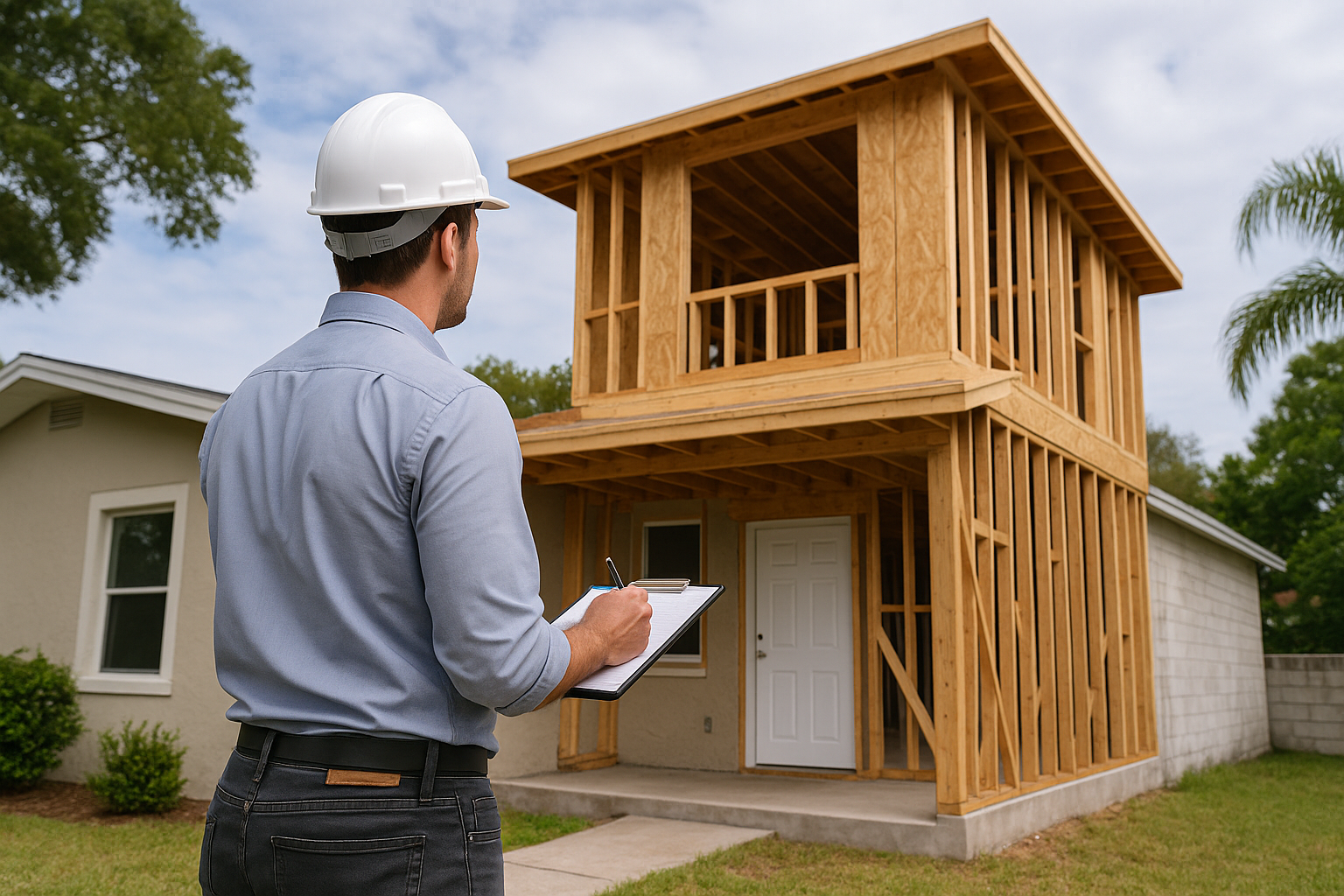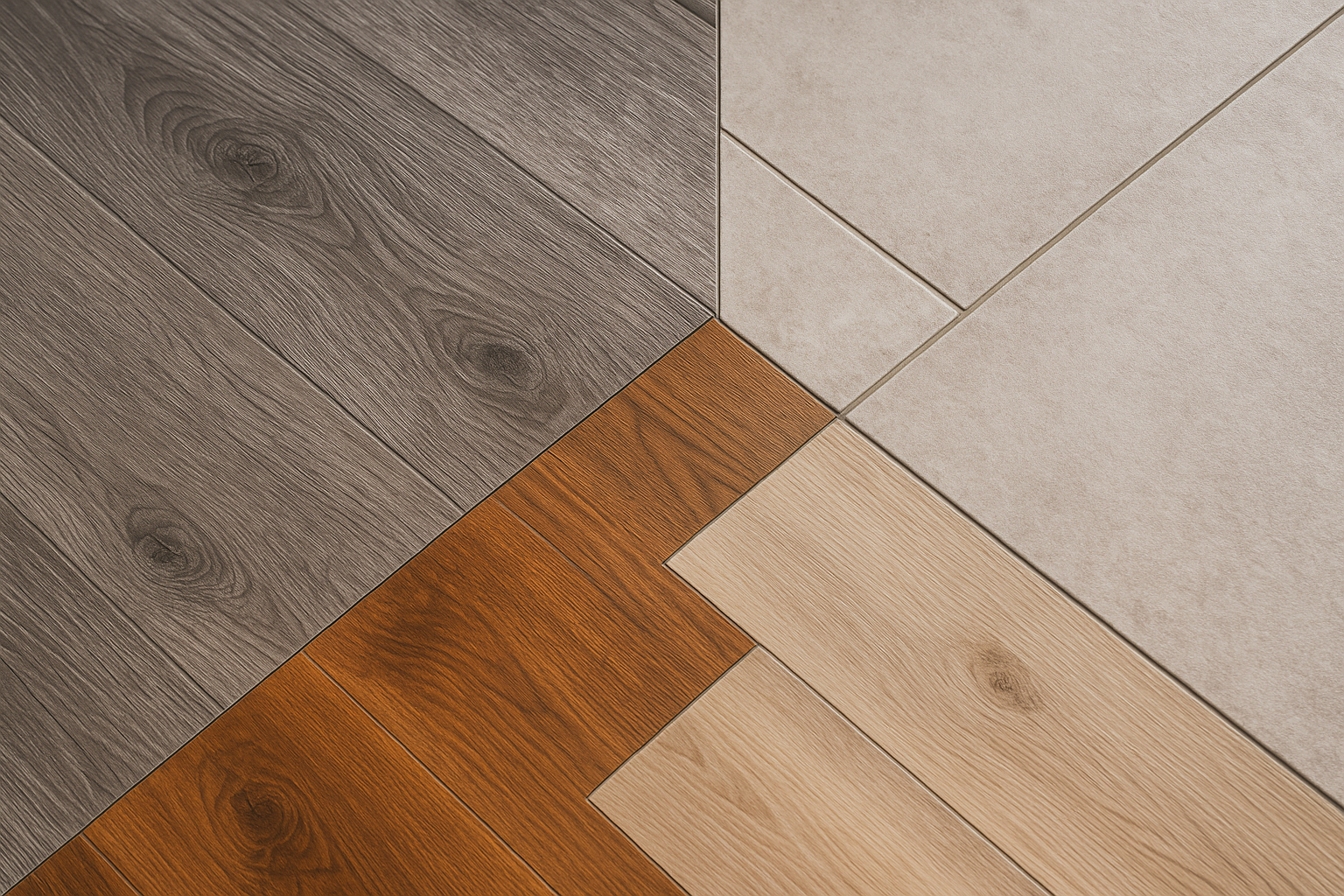By using our website, you agree to the use of cookies as described in our Cookie Policy
a
Rss Feed
Hidden Home Renovation Costs That You Should Plan For
The success of a home renovation process depends on several factors, and one of the most essential of these involves your finances. No matter how detailed and thorough your budget is, there will be instances when an unexpected expense or two presents itself. Such incidents will catch you - and your budget - unaware, and you’ll often end up spending way more than you expected.
Added or unexpected expenses are hidden costs, and the proper way to deal with this is to regularly communicate and coordinate with your contractor. It will also help if you know what to watch out for and easily identify possible issues. Once you know where the extra expenses will be coming from, you’ll be able to incorporate that into your budget.
What follows is a list of hidden home renovation costs that you should consider adding to your budget.
1. Change Orders
Efficiently managing your budget means sticking to it, and it will be easier to do if you stick to your plans and avoid unplanned changes or variations in the renovation. For example, if fixing leaky roof is your initial plan, you shouldn’t throw your contractor off guard by asking them to replace the roof instead. Another example would be changing your mind about a China cabinet while it is still on its way for installation. You may not know it, but the contractors do advanced work to ensure that it will fit well and there won’t be any problems with the installation. Changes like these can significantly add to your expenses.
If you are the type to change your mind almost every hour, this will be a problem for you. Try your best to minimize changes and additions.
2. Pest Control
Pests on your property will be an additional expense because they can cause damage. If you don't take care of them before the renovation projects starts, you and your contractor will be doing additional work while also tending to the remodel. It is best to do all the pest removal and prevention weeks before the real renovation work begins.
3. Temporary Accommodation Costs
If you think you can live in your house while the renovation work is ongoing, you’re wrong. Aside from the fact that it won’t be safe and sanitary for you and your family, you’ll be moving around the house, which can slow down the builders and work. Extending the renovation calendar will mean additional expenses.
In making your budget, do not forget to include your temporary accommodation costs, including expenses for your meals and transportation (if necessary).
4. Fees, Permits, and Insurance
Regardless of the extent or size of your renovation project, you’ll have to pay fees and permits, the amount of which depends on your location or state and how much the remodeling work costs. Fees also vary according to state, and in some places, there can be more than one fee to be paid.
Some states require homeowners to file and pay for a renovation permit. While interior renovations typically do not need permits, bigger jobs such as adding an extension will often require a permit.
Getting insurance is vital as well, but you need to get one before the renovation starts. Ensure, too, that your workers are insured so you won’t have to worry about paying for their expenses when they get injured or in an accident while working on your home. Talk to contractor insurance specialists so you’ll know what to do.
5. Damp and Mold
The presence of damp and mold is an indication that the house is not well-maintained. If the damp and mold are properly and efficiently taken care of, it can lead to more serious damage. So, like the pests lurking around your home, you have to do the repairs before the renovation begins - or risk having to spend more than you expected to.
6. Debris Removal and Post-Renovation Clean-Up
More often than not, homeowners forget two essential aspects of a renovation project: cleaning before the project starts and cleaning (again) after the project wraps up.
Clean the entire property before bringing in the workers, and when all the work is done, ensure that all dirt and debris are cleaned out. Your contractor should do the work well, and you can even help out if you want to. You can hire a debris removal service provider, but it can cost you a substantial amount of money.
Nevertheless, it’s still best to include post-renovation clean-up in your budget as not all contractors include such service in their package. These cleaners/debris removers have the right materials and equipment to clean the hard-to-reach spots and remove hard stains.
7. Emergencies
As in every other project including pool remodeling, there should always be room for the unexpected. You may have the perfect plan and ideas, but things don’t always go towards the straight path. You have to be prepared for that instance – or instances – when things go off-road a little bit. Always include emergency and miscellaneous expenses in your budget.
Aside from the suggestions listed above, it is also important to constantly communicate and coordinate with your contractor. Likewise, you have to spend some time planning out and organizing the project schedule and goals, so you'll know which direction to take your renovation team.
‹ Back






.png)
